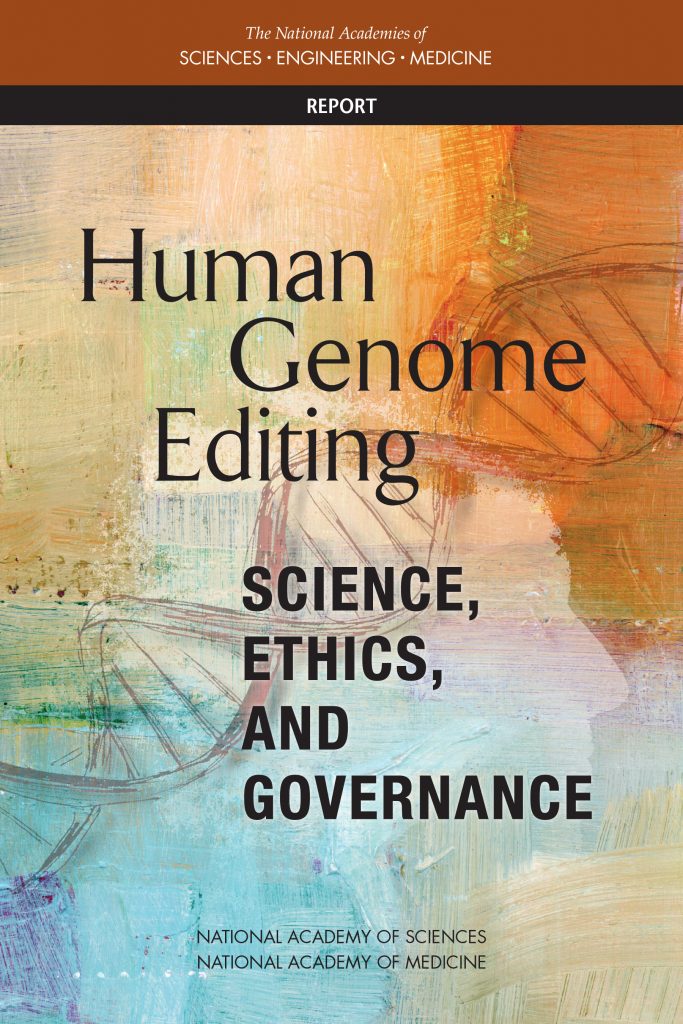Last week the US patent office ruled that hotly disputed patents on the CRISPR revolutionary genome-editing technology belong to the Broad Institute of Harvard and MIT. In a former post I explained the dispute. Genome editing in my opinion shouldn't be patented and will see exactly the impact of such ruling in US and elsewhere in the next future.
If you want to know in detail what does genome editing means for the future of life sciences, have a look at NASEM book.
It is now possible to insert or delete single nucleotides,interrupt a gene or genetic element, make a single-stranded break in DNA, modify a nucleotide, or make epigenetic changes to gene expression. In the realm of biomedicine, genome editing could be used for three broad purposes: for basic research, for somatic interventions, and for germline interventions.
CRISPR (which stands for clustered regularly interspaced short palindromic repeats) refers to short, repeated segments of DNA originally discovered in bacteria. These segments provided the foundation for the development of a system that combines short RNA sequences paired with Cas9 (CRISPR associated protein 9, an RNA-directed nuclease), or with similar nucleases, and can readily be programmed to edit specific segments of DNA. The CRISPR/Cas9 genome-editing system offers several advantages over previous strategies for making changes to the genome and has been at the center of much discussion concerning how genome editing could be applied to promote human health.I would just want to say that these patents destroy the soul of science, since access should be available with no barriers for the development of innovation. Patents are not the incentive for discovery in this case, as I explained in my post, natural processes should'nt be patented. And this is why today is a really sad day.
PS. My posts against patents
Michael Kiwanuka. Home again
